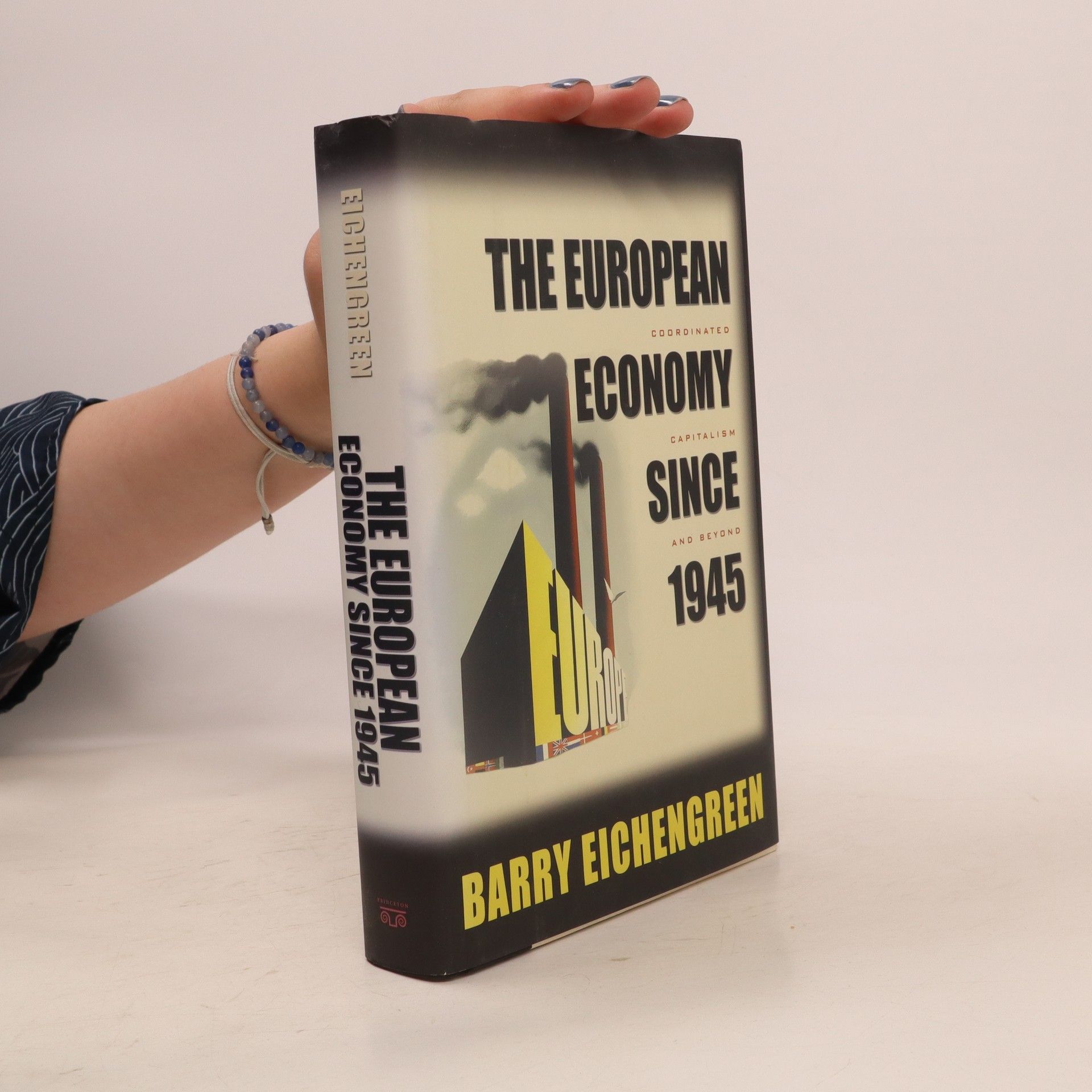Die großen Crashs 1929 und 2008
- 560 Seiten
- 20 Lesestunden
Die Ursachen der beiden größten ökonomischen Katastrophen in den letzten 100 Jahren, die Weltwirtschaftskrise in den 1930er-Jahren und die Finanzkrise seit 2008, gleichen einander wie ein Ei dem anderen. Beide entstanden infolge eines krassen Kreditbooms, dubioser Bankpraktiken sowie eines fragilen Finanzsystems. Und doch beriefen sich die Entscheidungsträger auf die falschen Lektionen, sodass die Krise nach mehr als sechs Jahren noch immer nicht ausgestanden ist. Die großen Crashs 1929 und 2008 ist DAS neue Hauptwerk der Wirtschaftsgeschichte und zeigt auf, welche Schlussfolgerungen aus der Geschichte der Großen Depressionen gezogen werden müssen, ehe dieselben Fehler in der nächsten Krise erneut gemacht werden. Kein anderes Werk erklärt die Geschichte der zwei größten Krisen umfassender und gibt weitreichendere Antworten






